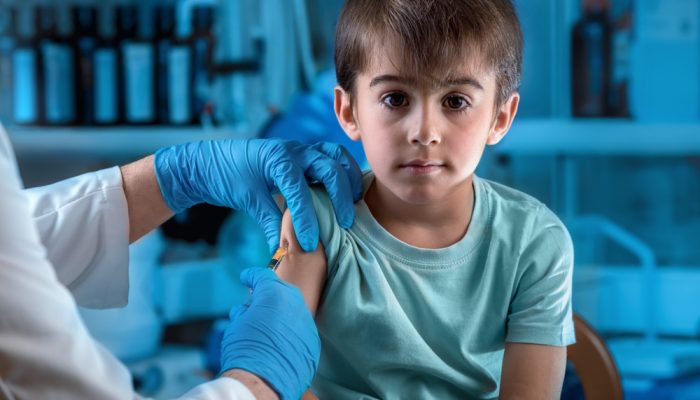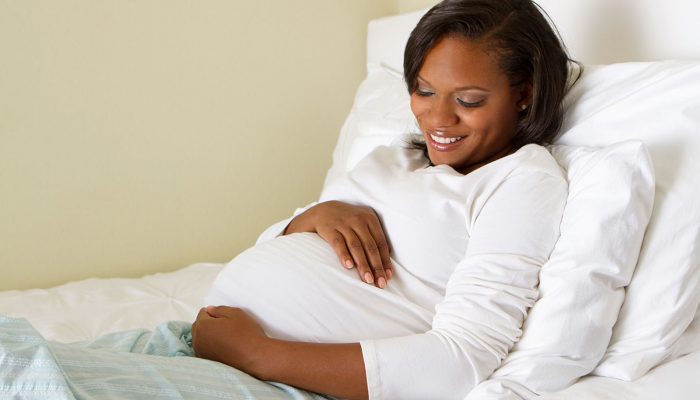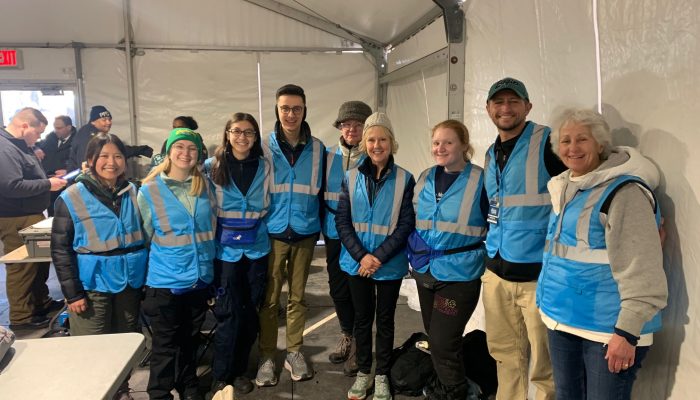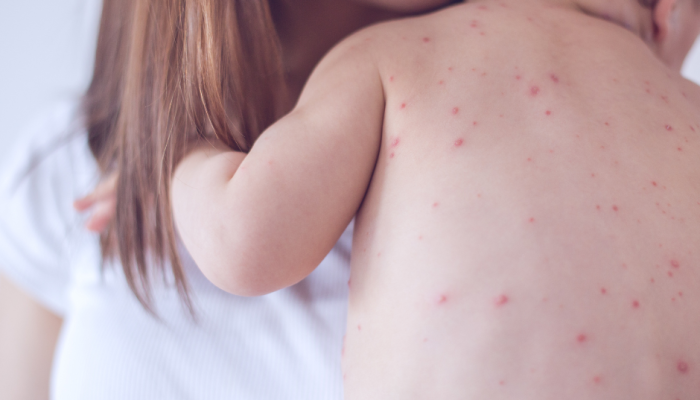Background
The New York City Department of Health and Mental Hygiene has reported that it has found polio virus in their wastewater. They checked their wastewater 3 weeks after the first US acquired case of paralytic polio in decades was diagnosed in a New York State resident.
No cases have been identified in Philadelphia.
Finding polio in wastewater after a case identified is not surprising. One case of paralytic polio potentially indicates that there may be hundreds of other cases, most of whom experience only mild illness. Polio paralyzes about 1 of every 200 people who contract the virus. There is no treatment other than supportive care; once someone catches polio, it is too late for us to prevent the dire complications of the virus. So the case a few weeks ago was a sign that there had likely been spread of the virus already in New York and the finding of polio virus in wastewater confirms that that is the case.
What is polio?
Most Americans have forgotten what polio looks like. In some countries, it is still common to see adults with the after-effects of polio: people with one or both legs far smaller and thinner than normal size with flaccid paralysis, meaning that the limb may be floppy and weak. Some people who have had polio limp and others are unable to bear weight on one or both legs at all.
Polio had been considered eradicated in the United States until very recently.
What does this mean for Philadelphia?
It is unfathomable that there is a possibility that we could see polio here in Philadelphia, that one or more of our city’s children could grow up unable to run and play because of he or she did not receive a vaccine that is safe, effective, and free.
That said, due to the tireless work of our Immunization Program, and the many healthcare providers – including those at our Health Centers – the chances of widespread polio infections is low. The polio vaccination rate in Philadelphia for children under 5 is 90% for 4 doses of vaccine. This is higher than the rate in New York City (86.2% for 3 doses). Virtually every neighborhood in the city exceeds the 80% rate of polio vaccination that we believe is necessary for herd immunity.
However, in a few neighborhoods in South Philadelphia, fewer than 60% of children have been vaccinated against polio. Parents throughout Philadelphia, but especially in these communities, should check with their children’s pediatrician to make sure they’re protected against polio.
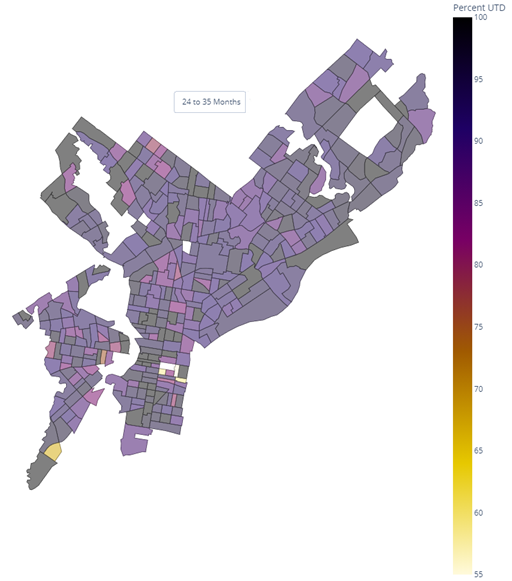
What if you’re not sure if your child has been vaccinated against polio?
Any child who has not been fully immunized against polio should be vaccinated as soon as possible. The City Health Centers offer walk in vaccinations that are free through the Vaccines for Children program. Polio vaccine is more than 99% effective and has been approved since 1955. Billions of doses have been safely administered and have made polio something that most Americans have never seen outside of a history book.

